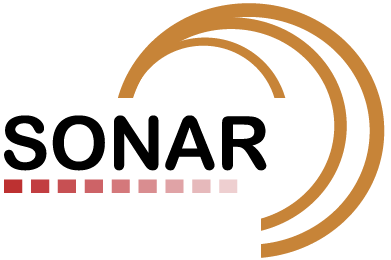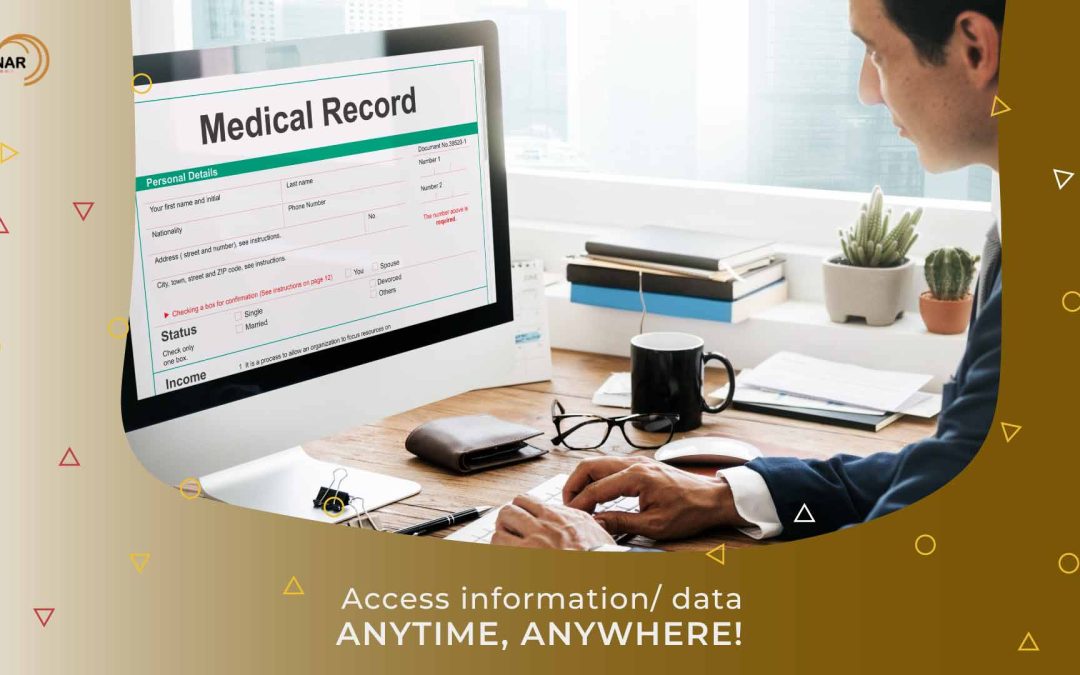Healthcare is one of the most important sectors in the world, wherein a ton of paperwork is involved, taking care of the costs, insurance and databases of the hundreds of patients that are admitted and discharged daily. All hospitals need to maintain these heaps of records in an accessible manner. And all this workload is laid on healthcare managers to handle this workflow system efficiently and help reduce administration costs.
What is healthcare workflow?
Healthcare workflow is defined as the sequence of repeatable administrative, mental, or physical tasks that must be performed by employees from the beginning to the end of a working process. There are many aspects to healthcare workflow, the administration is one of them and most importantly logistics in hospital management. Transporting essential medical equipment that requires temperature control or cold chain storage need to have efficient and automated hospital management solutions to reduce costs.
Why is healthcare workflow automation important?
Managing heaps of data and protecting the security of the patients is not an easy task hence, efficiency and precision are two big factors to be considered. Apart from the administrative part of automation in the logistics sector of healthcare is equally essential. Inefficient clinical workflows result in underutilized resources. Healthcare managers work on extremely tight deadlines saving valuable lives and the added strain of administrational workflow can strain the nurses and physicians.
At the beginning of 2020, 50% of physicians reported burnout owing to the extra administrative work they had to do, e.g., billing, documentation, reporting, etc. additionally, pre-COVID, medical errors cost more than 20 billion dollars and 100,000 lives. As hospitals generate bigger business and become bigger in size so do the logistical issues, an 800-bed hospital may handle up to 27 tons of materials every day, covering an approximate distance of 800 km. Hence, automation in the process is a prerequisite for operating a healthcare management system and devising efficient healthcare management solutions.
What areas can healthcare workflow automation cover?
Resourceful automated workflow systems in healthcare can be used to streamline procedures. Automation technology provides many benefits to the healthcare industry, including increased efficiency for healthcare providers, better patient care outcomes, and lower costs for patients. Here are the top #5 examples of healthcare workflow systems where automation can be used.
- Appointments scheduling and management
- Insurance authorization and claims
- Ambulance route optimization
- Billing and reporting
- Revenue management
What is healthcare workflow automation technology?
There are two aspects that need automation in healthcare management systems, and those are administration and logistics. And artificial intelligence and machine learning have stepped into the healthcare sector to bring in much-needed workflow automation to both these segments.
Artificial intelligence has repeatedly shown great potential for improving workflow automation in healthcare. AI and machine learning systems are now prioritized to diagnose patients faster. Medical scans are fed into AI-based systems to help with the diagnosis of diseases, improving efficiency in pathology departments. AI and machine learning systems have also been used to improve inventory management, billing, patient scheduling, and much more.
The next segment is logistics, many of us are under the assumption that logistics in healthcare is secondary, but there are several aspects of hospital logistics, that if efficiently used can do marvels for the healthcare system. Here are some areas of hospital logistics in which automation can work:
- Medical supply transport: Several medicines, vaccinations, and oxygen cylinders require to be transported in temperature-controlled vehicles and through cold storage. Automation can help organize this segment to recognize the shelf life and requirements of such sensitive supplies across the country and even internationally.
- Ambulance route optimization: In emergencies, ambulances require the shortest and quickest routes possible to reach hospitals on time so that patients can receive on-time and relevant treatments. Hence automation can provide GPS enabled vehicle tracking system that can identify such routes for ambulances to reach hospitals on time.
- Multiple delivery systems: Medical equipment manufacturers can use automation and GPS tracking systems to optimize routes and enable multiple delivery systems that can be used to transport medical equipment and supplies across the country and partner with multiple hospitals.
These are some of the areas that automation can help in covering in a healthcare management system, with technology coming in more complex issues can be solved with the help of automation technologies such as AI and ML.
Benefits of healthcare workflow automation:
- Better medical experience: The state of healthcare across the globe is in a very poor state, with increased waiting times, insurance claims being rejected, and excessive strain on medical professionals, automation can help in reducing these problems and overall improve the state of medical facilities, giving the patients a better medical experience.
- Data Security: With automation coming into the picture, it’ll be easier to identify who accessed the document, and hospitals can even provide safety locks for accessing such sensitive data through automation. Certain healthcare management solutions also allow admins to assign roles that grant specific access permissions to access particular documents within different workflow systems.
- Improved logistics: Now medical equipment and essential supplies can be transported efficiently across the country on time with automation features such as route optimization and vehicle tracking systems.
Incompetent procedures are a major cause of disappointment among healthcare professionals. Emergency medical personnel often end up wasting a huge amount of time because of ineffective processes and lower-graded communication systems. Through the use of technology, we can now streamline processes to improve communication and collaborate in a more efficient manner, which can have a positive impact on staff morale. Automation can also help in an improved patient flow that can aid in reducing waiting times for appointments, billing, and insurance claims, which will result in overall patient satisfaction.
There are usually many different systems in hospitals. The technology used to automate workflows can be used to improve communication between these systems and get these structures to talk to each other. The seamless transfer of data can be done across these systems with little to no manual interruption and effort.
Whether it be a general practitioner, pharmacist, healthcare admin, or medical equipment supplier, Sonar Technologies is a proud partner to a lot of healthcare industry professionals and has helped them improve their productivity, enhance patient care and optimize vehicle routes. Contact us today to get a ONE-MONTH FREE TRIAL.


